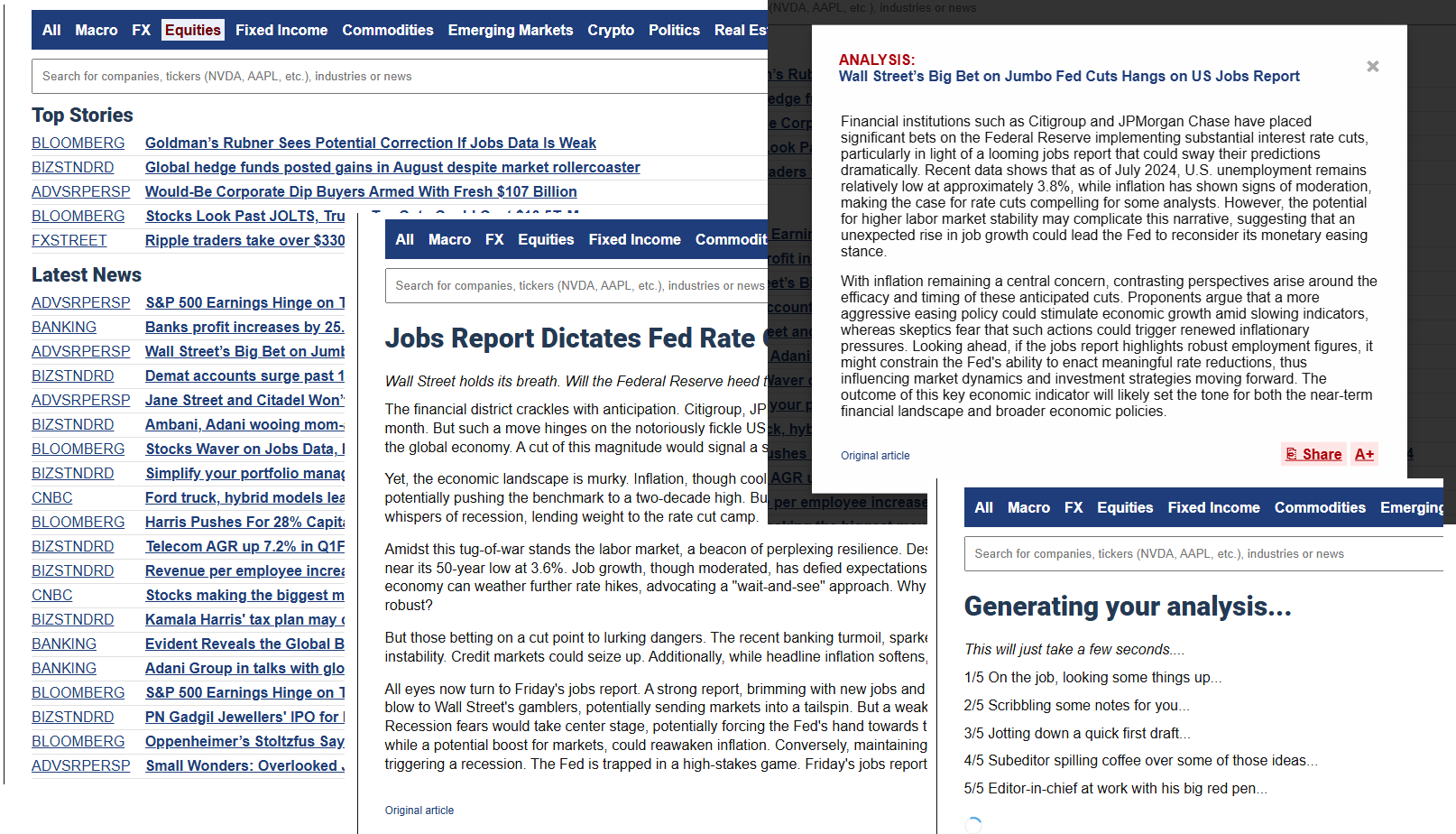Scandals, Politics, Innovation, and Diplomacy Shape Global Landscape
The corporate world is often rocked by scandals that challenge the very fabric of ethics and responsibility. Former Abercrombie & Fitch CEO Mike Jeffries serves as a recent example, embroiled in legal controversies that span allegations of sex trafficking. This case transcends a personal legal battle, sparking a broader dialogue about corporate ethics and the accountability of leaders. The charges against Jeffries echo through the corridors of corporate history, reminiscent of past scandals where personal misdemeanors overshadowed professional triumphs.
During Jeffries' leadership from 2008 to 2015, Abercrombie & Fitch underwent a significant rebranding, marked by provocative and often controversial marketing strategies. His alleged criminal activities during this period cast a long shadow over his professional accomplishments, highlighting the perilous intersection of personal misconduct and corporate identity. This situation reinforces the necessity for stringent governance standards, where transparency and accountability are not just ideals but imperatives within executive suites.
The ramifications of Jeffries' actions extend beyond personal disgrace, impacting the reputation of Abercrombie & Fitch. The brand now grapples with the fallout, reflecting a common trend where companies bear the burden of their leaders' personal failings. The scandal prompts comparisons to historic cases where ethical lapses within executive ranks precipitated industry-wide scrutiny and regulatory reform. Such events underscore the intrinsic link between ethical governance and corporate success, urging a reevaluation of leadership standards across industries.
In the political arena, the races for Congress in Georgia unfold against a backdrop of evolving voter expectations and political dynamics. Long-time Democrat Sanford Bishop faces a formidable challenge from Wayne Johnson, a Republican whose campaign vows to introduce fresh ideas and heightened accountability. This contest exemplifies a larger national discourse on the effectiveness of incumbency versus the potential for innovation through new leadership paradigms.
As Bishop strives to extend his congressional influence, the outcome of this race carries implications that resonate beyond Georgia. It mirrors debates across the American political landscape where incumbency is weighed against the promise of change. Such political contests are more than mere electoral battles; they are crucial touchstones that influence policy directions and legislative priorities, shaping the future course of governance.
Amidst these political and corporate upheavals, innovation emerges as a beacon of progress, particularly within the agricultural sector. A collaboration between MDB, Oranfresh, and Vision Global Service has led to a groundbreaking orange harvesting technology, earning the esteemed EIMA International 2024 Innovation Award. This achievement underscores how technological advancements can redefine traditional industries, enhancing productivity and sustainability amidst mounting environmental pressures.
The innovative machinery combines remote control capabilities with advanced sensors, setting new benchmarks for efficiency and precision in agricultural practices. Such technological strides illustrate the transformative potential of innovation in addressing resource scarcity and environmental challenges. As the world grapples with climate change and its repercussions, the need for adaptive solutions and sustainable practices becomes increasingly urgent.
Not all business narratives are framed by positivity, as evidenced by Canfor Corporation's decision to close two sawmills in Canada, affecting 500 workers. These closures spotlight the adverse consequences of ongoing trade disputes, particularly the impact of U.S. tariffs. The Canadian lumber industry's struggle against economic uncertainties and protectionist policies serves as a stark reminder of the fragility of cross-border trade relationships and the dependencies that define global market dynamics.
This development signals broader challenges facing the lumber sector, emphasizing the critical importance of diplomatic negotiations in resolving trade tensions. As countries navigate complex economic landscapes, the balance between national interests and international cooperation remains a pivotal consideration in fostering sustainable economic growth.
In the realm of international diplomacy, U.S. Secretary of State Antony Blinken's discreet visit to the Middle East highlights the subtle yet strategic approach necessary for peace negotiations. Unlike past diplomatic endeavors, Blinken's visit underscores the behind-the-scenes efforts crucial for conflict resolution, emphasizing diplomacy's quiet yet profound impact on regional stability.
The Middle East remains a hotbed of geopolitical tensions, and the U.S.'s role in mediating these conflicts is pivotal. Blinken's diplomatic mission, although devoid of public declarations, reflects ongoing efforts to initiate dialogue and build consensus among conflicting parties. Such initiatives are foundational in sustaining peace dialogues that, while not always publicly lauded, hold immense potential for fostering long-term stability.
On the economic front, significant developments unfold with Manfred Knof's transition in leadership at Commerzbank, marking a critical juncture for the European banking sector. As Germany reduces its stake, the bank progresses towards more private ownership, symbolizing a broader trend towards minimizing state intervention in favor of market-driven growth.
Under Knof's leadership, Commerzbank has achieved milestones in profitability, aligning with Germany's strategic initiatives to reduce public influence over private enterprises. This shift sets a precedent for operational independence, demonstrating the viability of market-oriented approaches within the financial sector. As European banking evolves, the drive towards privatization and competitive growth reflects the changing landscape of financial regulation and market dynamics.
The environmental discourse gains urgency with the collapse of oceanfront homes in North Carolina, serving as stark reminders of climate change’s transformative effects. These incidents highlight the need for robust infrastructure and comprehensive environmental policies to mitigate the impacts of coastal erosion.
As these climate-induced challenges intensify, they pose significant implications for the insurance industry, which must adapt to the unpredictability of disasters driven by environmental shifts. This scenario underscores the necessity for integrated planning and adaptive strategies to safeguard communities and assets against the varying impacts of climate change.
In reflecting upon these diverse narratives, a complex portrait emerges of a world in flux, where technological progress contends with the stark realities of climate change, and ethical vigilance remains paramount. These interconnected stories provide a unique lens through which to examine the dynamic interplay between progress, accountability, and sustainability in contemporary society. They reinforce the critical nature of leadership responsibility, urging all sectors, be it corporate, political, or environmental, to uphold values that foster resilience and sustainable advancement in an ever-evolving global landscape.
AI-Powered trading insights: join our email list
Real-Time Market Analysis
Get instant insights on market trends, news impact, and trading opportunities.

